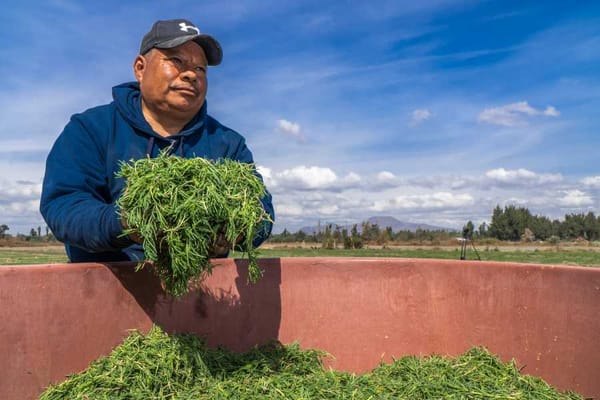Mexico and other countries that began their Independence in 1810
The process of decolonization in the Americas was a period that lasted more than two centuries and initiated a stage of global decolonization.

Mexico, Venezuela, Argentina, Colombia, and Chile were five nations that launched the rebellion against the Spanish Crown in the same year: 1810. The process of decolonization in America was a period that lasted more than two centuries and began a stage of world decolonization that ended largely in the twentieth century.
The United States of America became the first country on the continent to achieve its emancipation; it was in 1776 when the 13 Colonies declared their independence from Great Britain, which was recognized until 1783. Haiti was the next nation, which, inspired by the ideals of the French Revolution, reached the status of free Republic on January 1, 1804, and was fully recognized until 1825.
Bolivia and Ecuador followed in 1809. They were fully recognized as free states in 1825 and 1822 respectively. With the wars of independence, most of the Spanish territories in Latin America gained their independence in the first quarter of the nineteenth century. In 1810 Miguel Hidalgo in Mexico, Simón Bolívar and José de San Martín in South America, among many other liberators, led the decolonizing struggles.
Unlike the Spaniards, the Portuguese did not divide their territory into America. The capitanías they created were subjected to a centralized administration in Salvador, from where a report was written directly to the Portuguese Crown in Lisbon. Consequently, Brazil was not divided into several states at the time of Independence (1822), as happened to its Spanish-speaking neighbors. The adoption of a monarchy, rather than the Federal Republic, in the first six decades of Brazilian political sovereignty also contributed to national unity.
The uprisings of 1810
Venezuela, Argentina, Colombia, Mexico, and Chile were five nations that launched the rebellion against the Spanish Crown in the same year: 1810, with Mexico being the nation that took the longest to fully obtain the right to a free state, on September 27, 1821.
Paraguay and El Salvador learned from the example of their neighboring countries and in 1811 they rose up in arms, the first took only two years to achieve independence, while El Salvador, a decade.
Peru, Costa Rica, Nicaragua, Honduras, Guatemala, and Panama waited until 1821 to begin their emancipatory process; Basil in 1822 and Uruguay in 1825 began the libertarian uprising. The last to join the outpost were the Dominican Republic and Cuba, nations that achieved full independence in 1863 and 1902, respectively.
The Hispanic-American War
In 1898 the United States won the Spanish-American war and occupied Cuba and Puerto Rico, thus ending the Spanish occupation in America, and continuing them with their expansionist process in Latin America.
War and Republican Exile
For much of the 20th century, there was a stream of immigration of poor people and political exiles from Spain to the old territories, especially Argentina, Cuba, Venezuela, and Mexico.




